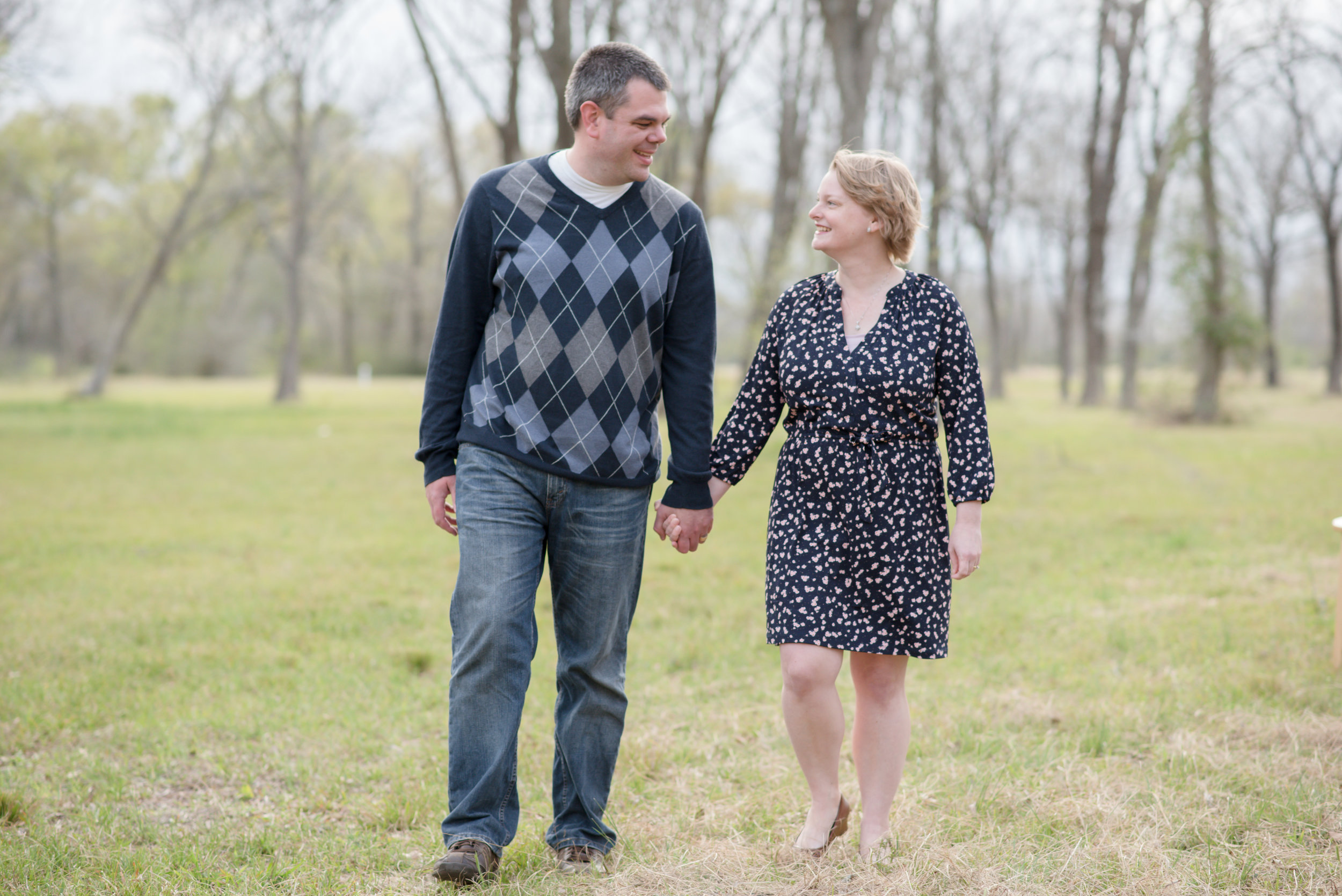Lee and I sat in a therapist’s office yesterday and told our story. It was our first session and our first time to meet our therapist, Jane. “Whoa,” she said when we talked about James’s diagnosis, how we reacted to that news, and the years that have followed. “Not all marriages would have survived that,” she said.
If you listen to Oprah, Dr. Phil, and even the TV show Parenthood, you’ll hear the divorce rate for parents of children with autism is 80%. But there are no studies to back up that claim. (Dr. G shared the facts in this post.) Some days it may feel true, but it isn’t. Most of the parents of kids with disabilities I know (and I know a lot since I have a sister with Down syndrome and many of my parents’ closest friends have kids with disabilities) are still together, doing the best they can to love each other well and balance the additional needs of their children.
So what can churches do to strengthen the marriages of special-needs parents? I have five ideas:
-
Have a disability ministry so these families can attend church. According to a study done at Harvard, married couples “who attended religious services were 47 percent less likely to subsequently divorce.” But families like mine can’t attend church unless we know our kids are loved and safe. So having a disability ministry is step one.
-
Offer respite care or give them the gift of occasional free babysitting. Parents of kids with special-needs can struggle to find time for just the two of them. The church can help by offering respite care nights or even free babysitting nights (or weekend afternoons) at the family’s home. Even having help so both parents can attend an event for the typical child in the family that the child with disabilities isn’t comfortable attending would be helpful. Lee and I very rarely get to sit together to see David play basketball or perform in his plays.
-
Host a support group. We hear from churches across the country who offer support groups because many use the Bible study we wrote for special-needs parents. But it can be as simple as opening up two rooms in your church (one for the adults and one for the kids) so they can spend time with people who really understand their lives. If there’s an organization in your area already doing support groups, you can offer your space to them for free. And hopefully as the parents and kids feel comfortable in your building, they will want to check it out on a Sunday morning.
-
Create a church culture where it’s ok not to be ok. Special-needs parents can feel like the only ones on the path they are walking. At our church, no other nine year old is still wearing diapers like our son. So many days are hard and that includes Sunday mornings. When we greet each other on tough mornings, I don’t want to say, “Fine, everything is fine.” Creating an honest and supportive atmosphere starts with the leadership and spreads to everyone. (And it doesn’t just benefit the parents of kids with disabilities.)
-
Provide counseling and make that counseling normal. Many churches have members trained or gifted in counseling. Do the special-needs parents in your church feel comfortable asking for this help? Every couple experiences times they could use some extra help to make it through, and churches should be the first place they look to for this help.
I’m thankful the scary divorce stats we hear aren’t true when it comes to parents of kids with disabilities, but churches have a major role to play in helping these couples be as healthy as possible. How can your church start to serve them?
Sandra Peoples is a special-needs mom and sibling. She and her family live outside of Houston, TX where she serves her church as the director of special-needs ministry. She’s the author of Unexpected Blessings: The Joys and Possibilities of Life in a Special-Needs Family and the host of the podcast, Self Care and Soul Care for the Caregiver. You can connect with her at sandrapeoples.com.




